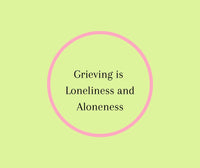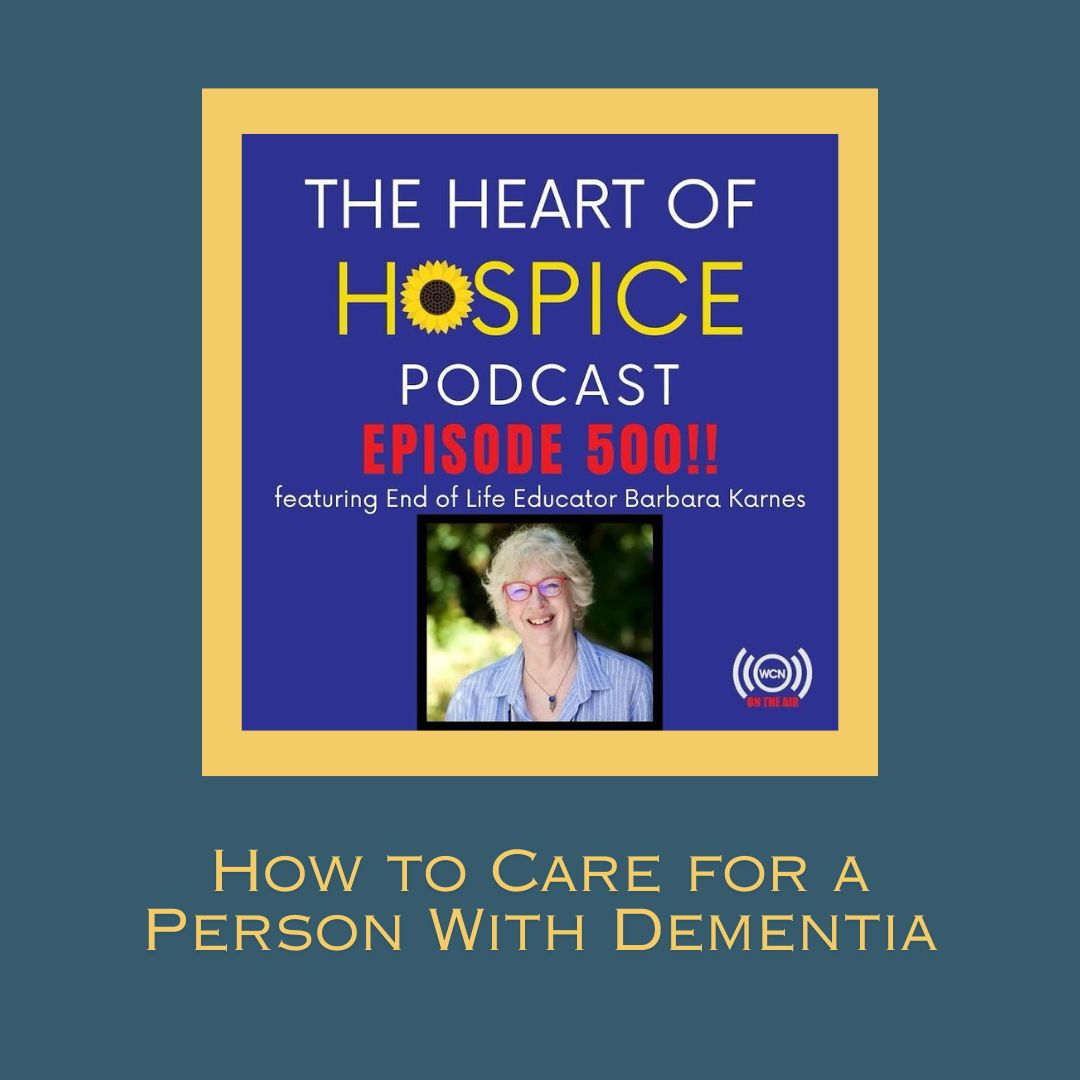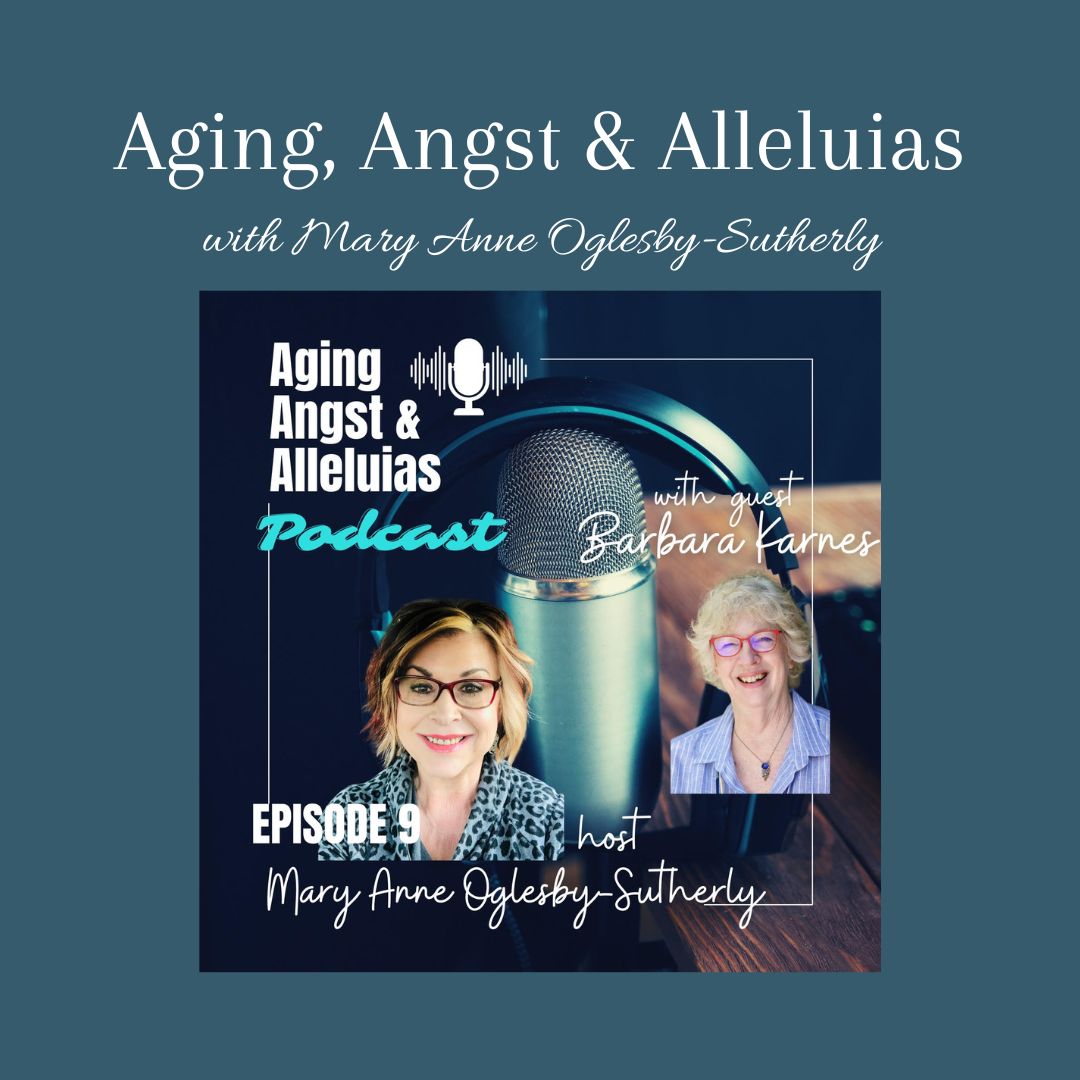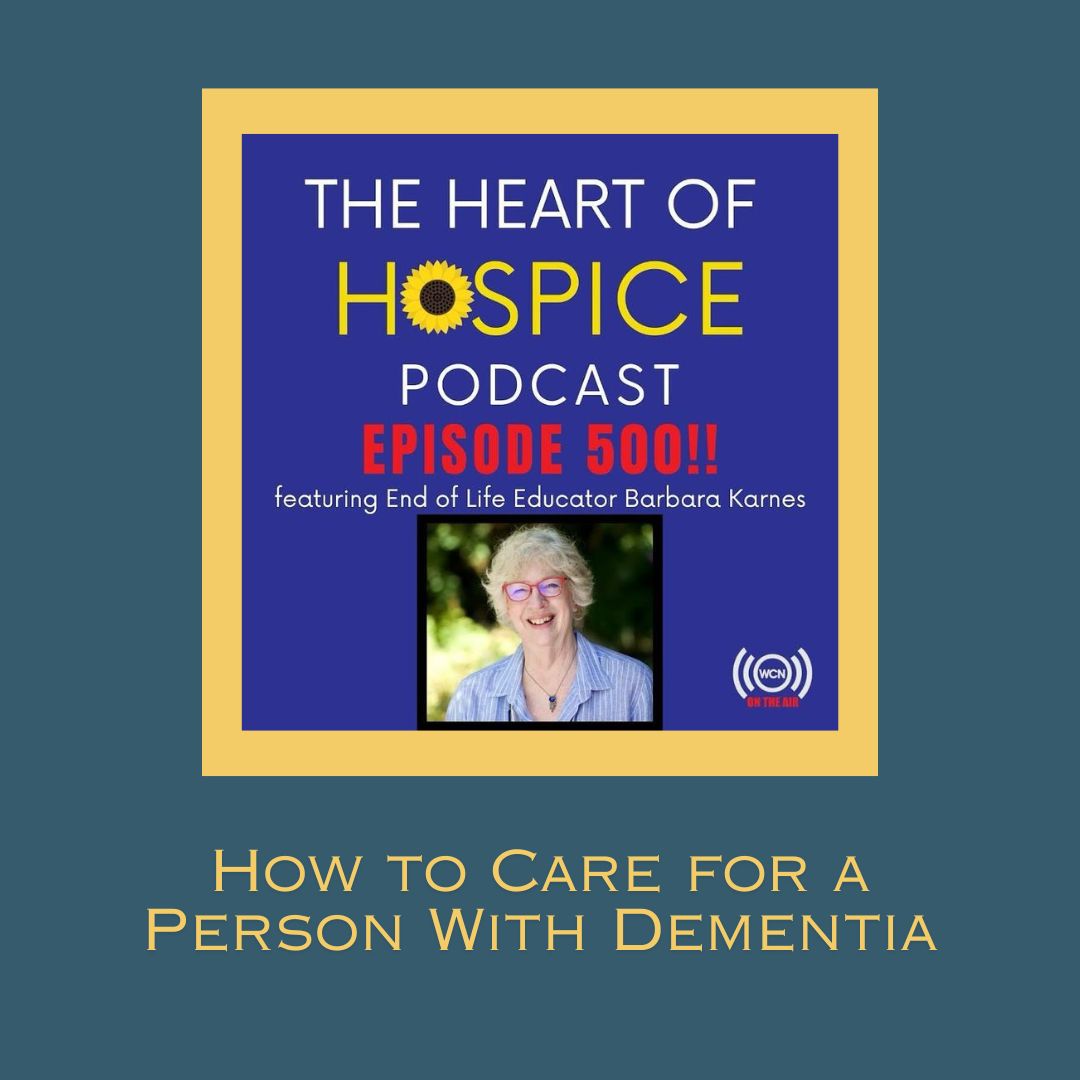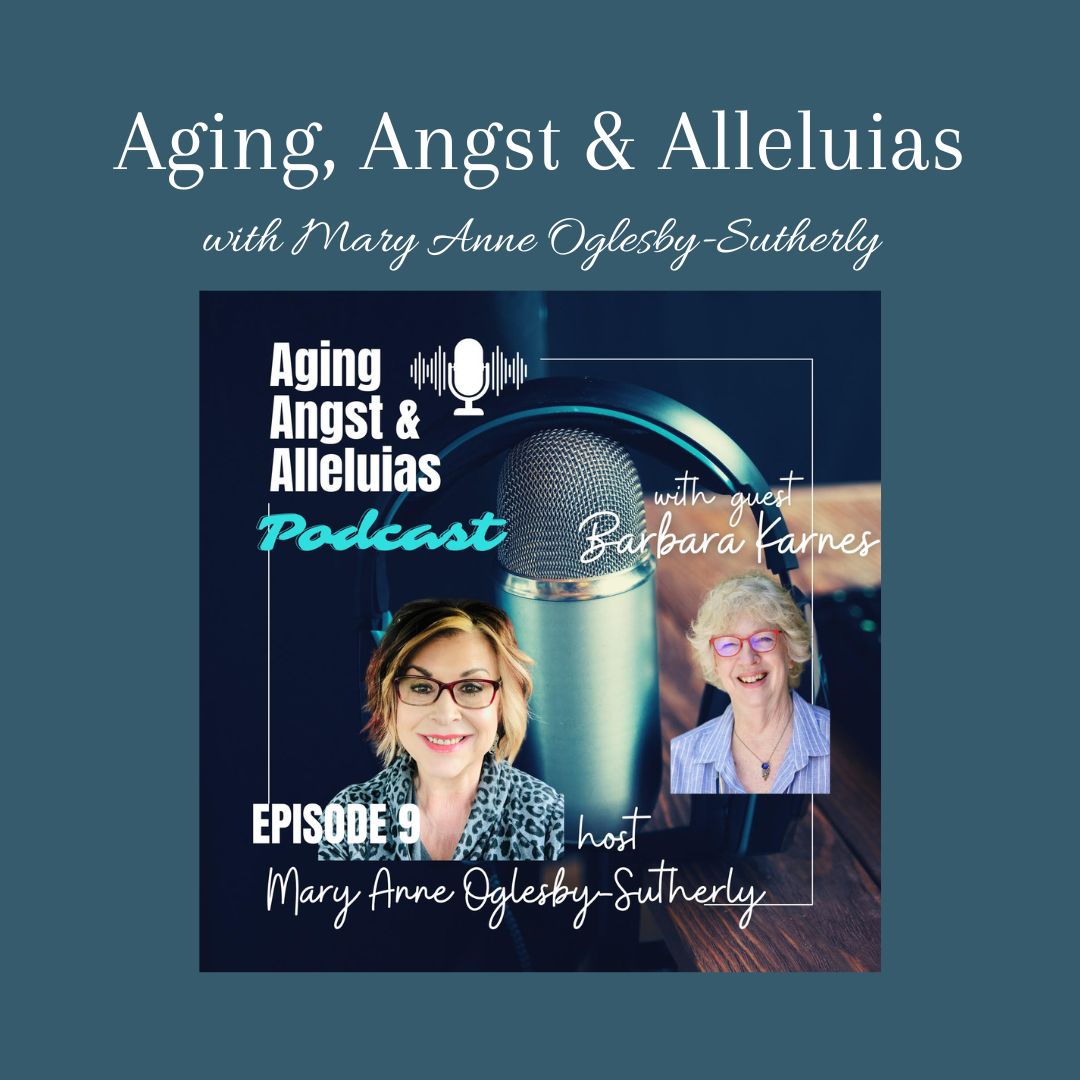
Something to Think About
a blog on end of life
View
- All posts
- advance directive
- alzheimers
- Anger
- anticipatory grief
- Approaching Death
- bereaved
- Bereavement
- burnout
- BY YOUR SIDE A Guide for Caring for the Dying at Home
- cancer
- caregiver
- caregiver fatigue
- caregiver support
- caregiving at end of life
- choking
- comfort care
- corona virus
- covid 19
- Covid Talk
- Death
- death and dying
- death call
- death care
- death doula
- death education
- death midwife
- death of a pet
- death rally
- dementia
- denial
- doctors
- dying
- dying looks different than expected
- dying pet
- dying process
- Dynamics of Dying
- Eating or not eating
- Elisabeth Kubler-Ross
- end of life
- end of life doula
- end of life education
- end of life planning
- family caregiver
- Fear
- fluids
- Food
- food at end of life
- front line workers
- Grief
- Grief Counselor
- grief support
- Guilt
- HCP
- Home Care
- home death
- home health
- home healthcare
- hospice
- Hospice Blue Book
- hospice care
- hospice chaplain
- hospice education
- hospice end of life care
- hospice myths
- hospice nurse
- hospice nurses
- hospice patient
- hospice physician
- Hospice Social Worker
- Hospice Staff
- hospice volunteer
- How Do I Know You? Dementia at the End of Life
- Hydration or dehydration
- media
- Medicare
- New Rules For End Of Life Care
- Nursing home
- older pet
- Online Course
- pain
- pain at end of life
- pain management
- pain relief
- Pet death
- Pet illness
- physician
- podcast
- PODCASTS & RADIO LIBRARY
- Print Library
- regret
- senior care
- Spanish literature on death
- stages of grief
- terminal
- terminal agitation
- terminal diagnosis
- terminal restlessness
- The Eleventh Hour
- The Final Act of Living
- Unity Online Radio
- video
- VLOG Library
- Webinar Library
- widow
- widowhood
- You Need Care Too
- YouTube
Hospice care for a person with end stage dementia can be tricky. The timing of the admission is often difficult to determine, and patients are often discharged from hospice if their health...
Barbara says dementia at end of life and how the the disease "doesn't play by the rules" when it comes to the dying process. Decreased eating and drinking, pain medications, and...
People with dementia are at risk of receiving inadequate care because they cannot say what they want. Maintaining your verbal and non-verbal communication is essential. Be aware of their eating...







